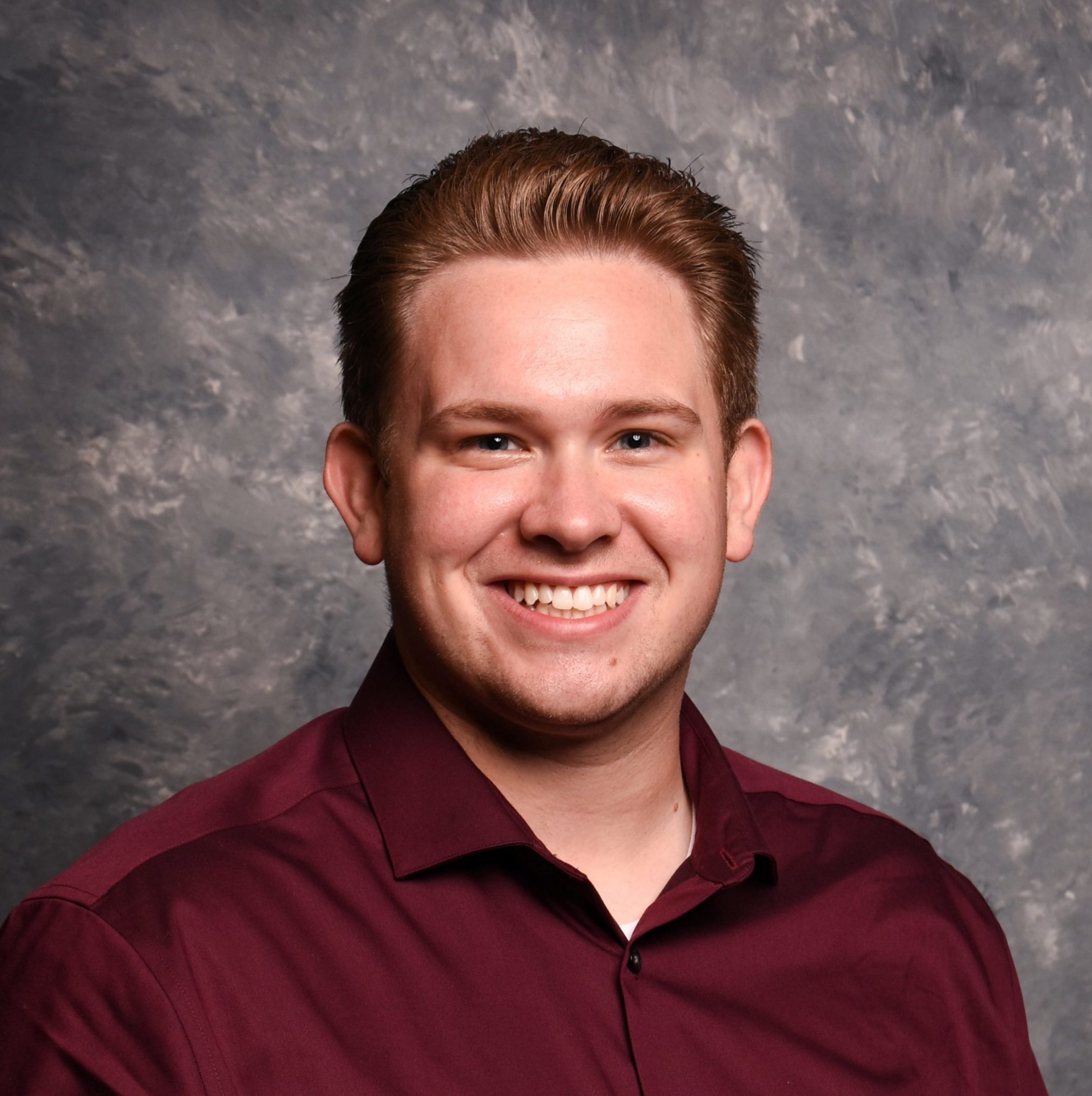Piefer helps clients get down to business
By: MaryBeth Matzek, Special to the Wisconsin Law Journal//June 29, 2016//
Piefer helps clients get down to business
By: MaryBeth Matzek, Special to the Wisconsin Law Journal//June 29, 2016//

An expert in employment law, Sally Piefer helps her clients get a good night’s sleep.
“I enjoy giving my clients the answers to the problems that keep them up at night,” said Piefer, who joined Milwaukee’s Lindner & Marsack in early June after working with The Schroeder Group in Waukesha for more than 15 years. “Employment law has a lot of variety. I never get the same question twice and every client is different.”
Employment law is a wide subject area, and Piefer’s practice covers discrimination, non-competition issues, employee theft, harassment, wage and hour issues, ADA accommodation issues and Family Medical Leave Act issues. She’s litigated employment cases before state and federal courts and helped clients through compliance issues.
Throughout her career, Piefer said she has heard just about everything from her clients.
“I’m never surprised by what my clients tell me,” she said. “Sometimes I really have to shake my head, but then I figure out what to do.”
Her clients range in size from businesses with just a few employees to those with several hundred workers.
“Some businesses don’t have a designated HR person and I help fill in the gap,” said Piefer, who first became interested in employment law after being exposed to a few cases at a large firm where she handled a variety of cases. “I enjoy the whole human resources area.”
Piefer has both long-term clients and those she may only work with on a particular case.
“I’ve had some clients for more than 15 years, and it’s gratifying to see they value the work I do,” she said.
One challenge with employment law is that employers don’t always understand what they need to do to stay compliant, Piefer said.
“The non-compete work area changes quite frequently and I read up on those changes to make sure I know what my clients need to do,” she said. “I’ve also found many employers don’t fully understand how to deal with ADA and accommodating employees. They don’t know what the law all entails and it’s my job to make sure they understand.”
Outside of her practice, Piefer is involved with several non-profit organizations, where she is usually the one called upon to help answer HR questions.
“I don’t mind though. I definitely see it as my way of giving back,” she said.
Wisconsin Law Journal: What makes your work important to you?
Sally Piefer: Knowing that I am helping employers resolve legal issues which could adversely impact their business and strategizing with employers on ways to reduce legal liability.
WLJ: Who is your hero in the legal field?
Piefer: Sandra Day O’Connor.
WLJ: What do you do outside of work to deal with stress from the office?
Piefer: I spend time with family and friends going to Green Bay Packer games, gardening and spending time wine tasting in the Healdsburg, Calif., area.
WLJ: What’s one thing many people get wrong about what you do?
Piefer: People who hear that I’m a lawyer mistakenly believe that I am intimately familiar with all areas of the legal practice. Many lawyers specialize in one or a few areas and I sometimes get quizzical looks when I’m not familiar with the criminal justice system.
WLJ: What’s your favorite memory from law school?
Piefer: My favorite memory from law school is getting the opportunity to do a mock trial. It was the first time that we were able to put the theory to practice and to learn to argue your case to a mock jury. And although we ‘won’ the trial, I learned that being a trial lawyer definitely isn’t as easy as it looks on television. Nonetheless, my litigation practice accounts for about half of the work that I do.
WLJ: Is there a certain case that stands out to you?
Piefer: Litigation has really evolved since I graduated from law school. Several years back I had my first case that truly involved electronic discovery, which includes emails and texts. The case was particularly complex and very electronic-document intensive. We produced more than 10,000 pages of documents to the opposing side during discovery. I have taken this opportunity to remind clients that while emails can be a great way to communicate, and many of us don’t think twice about sending an email or text, companies should remind employees often that they should be mindful of what is put in written form, because if you have the misfortune to be involved in litigation, you may regret using email or texts with so much frequency.
Legal News
- Waukesha man sentenced to 30 years for Sex Trafficking
- 12-year-old shot in Milwaukee Wednesday with ‘serious injuries’
- Milwaukee man convicted of laundering proceeds of business email compromise fraud schemes
- Giuliani, Meadows among 18 indicted in Arizona fake electors case
- Some State Bar diversity participants walk away from program
- Wisconsin court issues arrest warrant ‘in error’ for Minocqua Brewing owner
- Iranian nationals charged cyber campaign targeting U.S. Companies
- Facing mostly white juries, are Milwaukee County defendants of color truly judged by their peers?
- Milwaukee Mayor speaks in D.C. Tuesday at White House water summit
- Chicago man sentenced to prison after being caught with ‘Trump Gun’
- FTC bans non-competes
- Gov. Evers seeks applicants for Dane County Circuit Court
WLJ People
- Power 30 Personal Injury Attorneys – Russell Nicolet
- Power 30 Personal Injury Attorneys – Benjamin Nicolet
- Power 30 Personal Injury Attorneys – Dustin T. Woehl
- Power 30 Personal Injury Attorneys – Katherine Metzger
- Power 30 Personal Injury Attorneys – Joseph Ryan
- Power 30 Personal Injury Attorneys – James M. Ryan
- Power 30 Personal Injury Attorneys – Dana Wachs
- Power 30 Personal Injury Attorneys – Mark L. Thomsen
- Power 30 Personal Injury Attorneys – Matthew Lein
- Power 30 Personal Injury Attorneys – Jeffrey A. Pitman
- Power 30 Personal Injury Attorneys – William Pemberton
- Power 30 Personal Injury Attorneys – Howard S. Sicula











